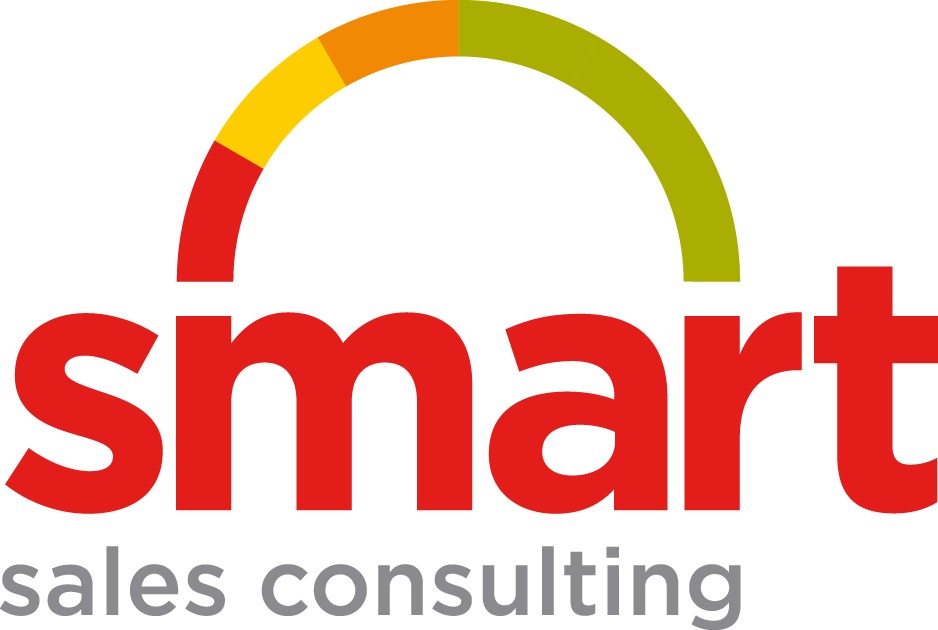Measuring the Effectiveness of Sales Training: A Comprehensive Guide
In the fast-paced world of sales, continuous improvement is crucial for staying ahead of the competition. Effective sales training can be a game-changer, but how do you measure its success? At Smart Sales Consulting, we emphasise the importance of quantifying the impact of training programs. This blog explores how to measure sales training effectiveness and provides insights into evaluating sales training programs.
Benchmarking Sales Training Effectiveness
The first step in measuring the effectiveness of sales training is to establish a benchmark. This involves comparing pre-training sales effectiveness actuals to post-training sales actuals. Here’s how you can do it:
1. Pre-Training Assessment: Gather data on key performance indicators (KPIs) such as closing ratios, average order values, and the average number of days to close a sale before the training begins.
2. Post-Training Analysis: After the training program concludes, measure the same KPIs to see the changes.
By comparing these metrics, you can quantify the improvements and directly attribute them to the training received.
Four Key Measures of Training Effectiveness
Understanding how to measure training effectiveness can be complex, but breaking it down into four main categories can simplify the process:
1. Reaction: Gather immediate feedback from participants about the training. Did they find it useful? Was the content relevant and engaging? This can be collected through surveys and feedback forms.
2. Learning: Assess the increase in knowledge or skills by conducting tests or assessments before and after the training.
3. Behavior: Observe changes in the trainees' behavior on the job. Are they applying what they've learned in real-world scenarios? This can be done through performance reviews and observation.
4. Results: Measure the tangible outcomes of the training. This involves tracking KPIs like sales numbers, closing ratios, and other metrics directly impacted by the training.
Evaluating a Sales Training Program
Evaluating a sales training program involves more than just looking at improved sales numbers. It's about understanding the holistic impact of the training on your sales team’s performance. Here are some steps:
1. Sales Effectiveness Results: Look at the sales figures post-training. Have the sales numbers improved? By how much?
2. Behavioral Changes: Assess if there are any noticeable changes in the sales techniques and behaviors of your team.
3. Customer Feedback: Gather feedback from customers regarding their experience with your sales team post-training.
4. Long-Term Impact: Evaluate the long-term benefits of the training. Are the improvements sustained over time?
Three Ways to Measure Training Effectiveness
To measure the effectiveness of sales training, focus on the following key metrics:
1. Closing Ratio: This metric indicates the percentage of prospects converted into customers. A higher closing ratio post-training signifies improved sales effectiveness.
2. Average Order Value (AOV): Track the average revenue generated from each sale. An increase in AOV suggests that sales representatives are better at upselling and cross-selling.
3. Reduction in Selling Days to Close: Measure the average time it takes to close a sale. A reduction in this time frame indicates more efficient sales processes and better negotiation skills.
Evaluating Sales Effectiveness
Finally, evaluating overall sales effectiveness involves looking at the return on investment (ROI) of the training program. Here’s how you can do it:
1. Calculate Training Costs: Sum up all the expenses associated with the training program, including materials, trainer fees, and time spent.
2. Measure Gains: Look at the increase in key metrics like closing ratio, average order value, and reduction in selling days.
3. Compare and Analyse: Compare the financial gains with the costs. A positive ROI indicates that the training program was effective and worth the investment.
In conclusion, measuring the effectiveness of sales training is crucial for ensuring that your investment translates into tangible benefits. By benchmarking pre- and post-training metrics, focusing on key measures of effectiveness, and evaluating both immediate and long-term impacts, you can gain a comprehensive understanding of the value of your sales training programs. At Smart Sales Consulting, we are committed to helping you optimize your sales strategies and achieve remarkable results.
